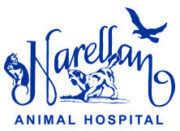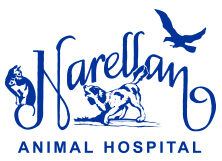Our Services
Additional Services
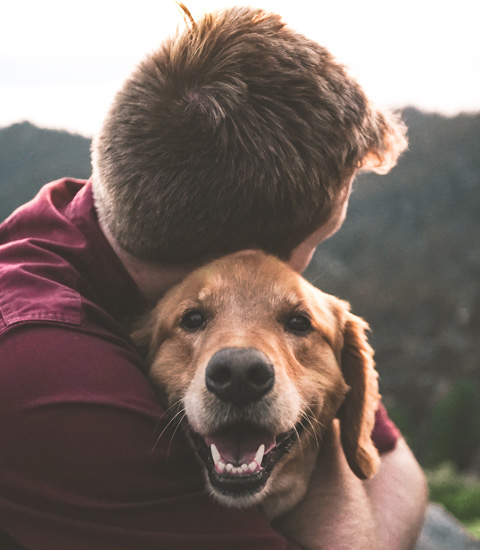
Microchip Pet Identification
Imagine if your dog or cat got lost. Even the most responsible pet owners can’t always guarantee their pet won’t get lost. A leash could break or slip out of your hand, a pet could push through a screen door or window, or a contractor or friend might accidentally leave a door or gate open.
You’d want to give him or her the best chance of getting home. With microchipping, you can.
Microchipping is a safe, permanent way to identify your pet in case he or she becomes lost. A microchip, which is a tiny device about the size and shape of a grain of rice, is placed just under the loose skin at the back of the neck. When a lost dog or cat without an ID tag is found, a veterinarian will use a handheld microchip scanner to check for a chip. If the pet has one, it will transmit its ID number to the scanner via a low-frequency radio wave. The veterinary hospital, retrieves the pet owner’s contact information, and as long as the owners details are up to date with NSW Pet Register we call the owner.
We recommend that you use a microchip, along with a collar and ID tag, to identify your pet. An ID tag is still a reliable identification method. Pets that have tags with current contact information are more likely to not end up in shelters and tend to get home faster than those without tags. However, collars and ID tags aren’t permanent and can be removed (overnight or for grooming); pets can also lose them. With a microchip, your pet will have a much better chance of being identified and returned to you. Pets without microchips that end up in shelters may be adopted out to another family or even euthanised.
Please contact us to schedule an appointment to microchip your pet. Although we hope your pet never becomes lost, we want you to be prepared. We can also suggest a plan to have in place so if your pet does go missing, you’ll be able to act quickly.
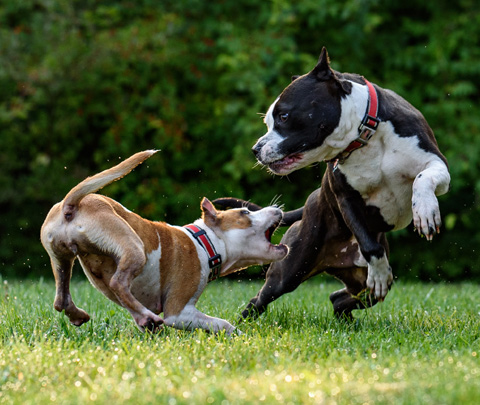
Behavioural Counselling
If you’re concerned about or bothered by an aspect of your pet’s behaviour, we can help. Our expert can work with you and your pet to stop or change the behaviour. Many aggressive, fearful, or inappropriate behaviours in dogs and cats can be modified through a combination of desensitisation and counter-conditioning. These techniques can have dramatic results when applied properly. In some cases, medication can also help.
Contact us for an appointment if you’d like to consult with our expert.
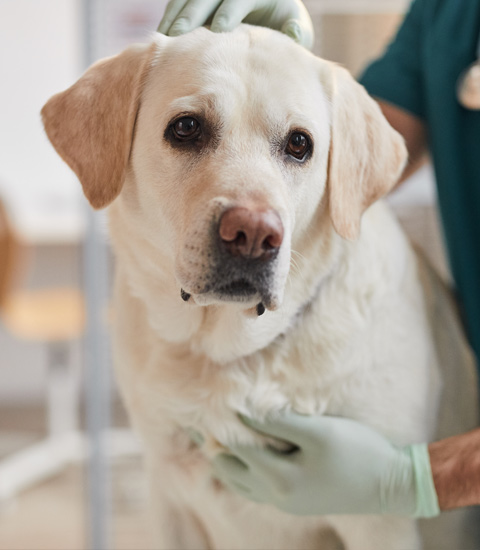
Veterinary Specialist Referrals
Our experienced team of veterinarians and veterinary technicians provides many services at our clinic, ranging from routine to advanced procedures. Although we handle the majority of your pet’s medical and surgical needs in-house, we occasionally refer patients to veterinary specialists or specialty clinics when advanced training or equipment will be beneficial.
Board-certified specialists, such as oncologists, ophthalmologists, and neurologists, have extensive experience and training in a particular area of veterinary medicine or surgery. Specialty clinics and university-affiliated referral centre’s have specialised equipment to perform procedures that are not routinely performed by general veterinary practitioners.
We make referral decisions because we want to ensure that our patients receive the highest standard of care and best possible outcome. Be assured that when we refer a patient to another hospital, we continue to stay involved with his or her care, consulting with the treating specialist and often providing any needed follow-up care and rehabilitation.

Treatment for Cancer
Like us, animals such as dogs and cats can get cancer. Fortunately, however, some forms of cancer are curable. In addition, recent advancements in cancer treatment can dramatically extend the lives of many dogs and cats. Treatments such as chemotherapy, radiation therapy, and surgery may be used to stop the spread of cancer and remove or destroy cancer cells and tumors.
You can help prevent some forms of cancer by having your pet spayed or neutered at an early age, but most cancers cannot be prevented. This is why early detection is one of our best weapons against this disease.
Regular veterinary visits can help us keep track of what is normal for your pet, as well as detect anything suspicious. However, because we typically only see your dog or cat once or twice a year, we also rely on your knowledge of your pet to catch any potential issues early.
Contact us right away if you notice any changes in your pet’s physical appearance or behaviour these can include lumps or bumps, sores that don’t heal, vomiting, diarrhoea, or any changes in eating or drinking habits.
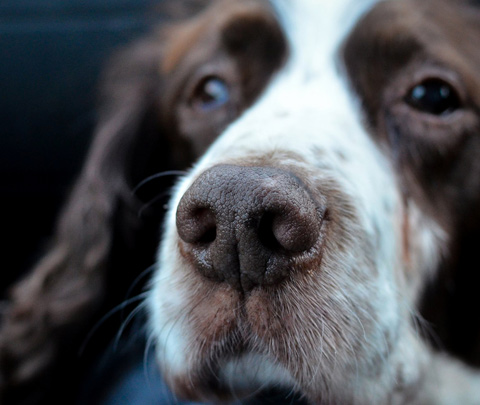
Home Euthanasia
Just like any member of our family, we never want to see our pet suffer. We can examine your pet to help you understand your options, and when all other options have been explored and the decision is made to say good-bye, we’ll do our best to make the process as stress free as possible – for both you and your pet.
It is important that you and your pet are in a comfortable, private environment of your choosing. Euthanasia is a service that is available in your home, or in a location of your choosing. Sedation will be administered prior to performing the euthanasia so that your pet is at ease and free of fear. We can discuss pet cremation services and other available options.
The decision to euthanise is difficult – even if it is a gift of love to let your pet go with peace and dignity. We are here to help you through this transition, and make the process easier for you.

Grief Counselling
Losing a pet can be extremely upsetting, sometimes even more so than you might expect. We have such a close bond with our pets, so letting go is never easy and is often filled with pain, sadness, depression—even anger. Our team understands these feelings, as many of us have also lost pets of our own. The emotions we go through are real and nothing to be ashamed of.
